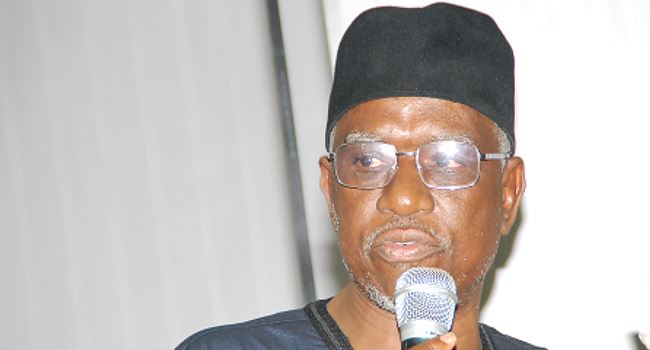News
Why Nigerian universities fail in global rankings —NUC

The National Universities Commission (NUC) has revealed why Nigerian universities fail in global rankings.
The NUC which spoke through its Executive Secretary, Prof. Abubakar Rasheed in Abuja on Monday during an interactive session with journalists said that the demographics of the universities in Nigeria reveal a preponderance of over localisation and over indigenisation.
Rasheed further said that over indigenised universities will not feature or be well rated on the criterion of the percentage of international students and staff in the world ranking of universities.
While reacting to the misinformation on catchment areas, he said that it was absolutely untrue that the Federal Government had abrogated the catchment area as part of the criteria for admission into universities.
”The truth is that the government is concerned that in this era of internalisation of university education, the demographics of the universities reveal a preponderance of over localisation and over indiginisation.
READ ALSO: The whole world was shocked to see pro-Buhari ‘hoodlums’ attack Deji, others —PDP
“How then can such over indigenised university feature or be well ranked on the criterion of the percentage of international students and staff in the world ranking of universities.
”The way we are going we are missing so many things, we cannot be ranked high because we are negating key principles of university global practices,” he said.
Rasheed also revealed that the NUC expressly dismissed one of its members of staff during the ongoing accreditation programme of universities over academic corruption.
”We are constrained to keep repeating the known fact that the process of accreditation entails a peer review process where only professors drawn from the Nigerian universities system and not NUC are used as panelists.
“The only one NUC staff serves as secretary and administrative backup with no statutory powers to influence the outcomes of any accreditation exercise,” he said.
Speaking further, Rasheed said that a panel of 1,602 consisting of three professors in a panel was usually constituted and selected all over Nigeria to conduct proper accreditation.
Join the conversation
Support Ripples Nigeria, hold up solutions journalism
Balanced, fearless journalism driven by data comes at huge financial costs.
As a media platform, we hold leadership accountable and will not trade the right to press freedom and free speech for a piece of cake.
If you like what we do, and are ready to uphold solutions journalism, kindly donate to the Ripples Nigeria cause.
Your support would help to ensure that citizens and institutions continue to have free access to credible and reliable information for societal development.
























